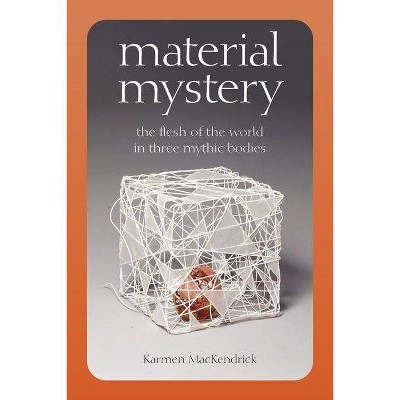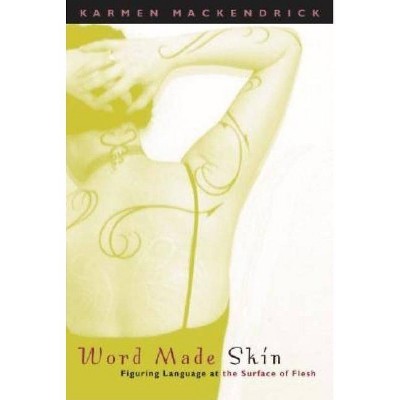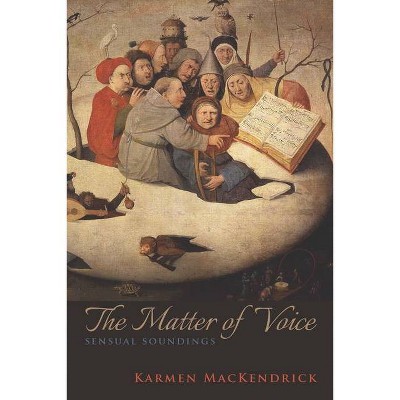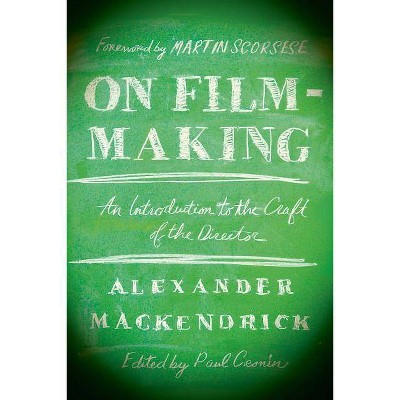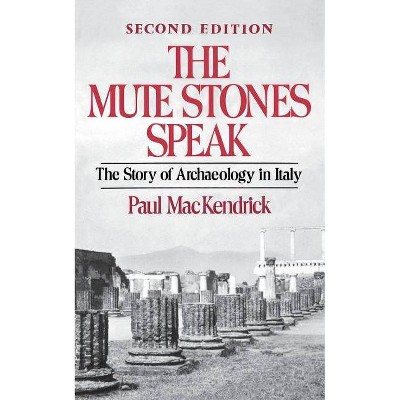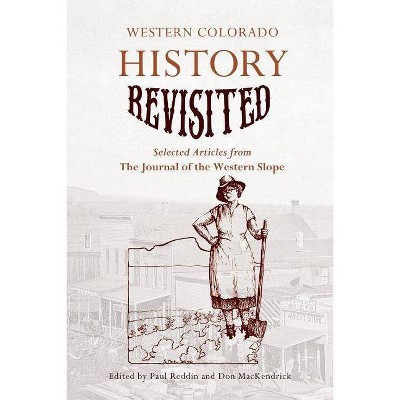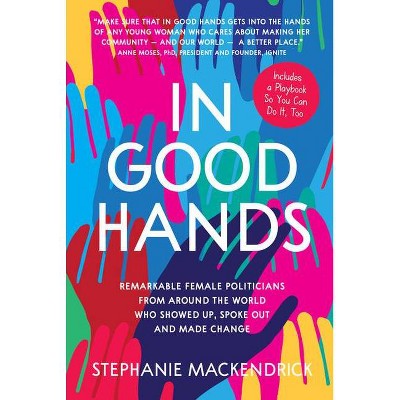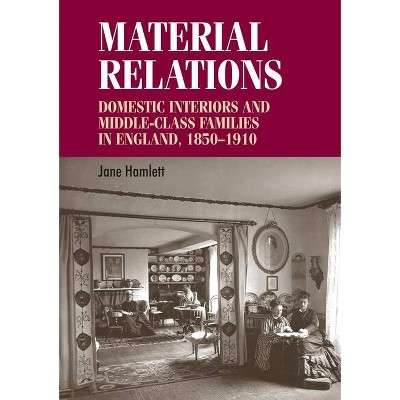Material Mystery - by Karmen Mackendrick (Paperback)
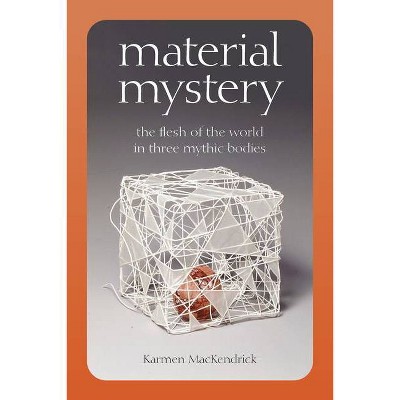
Similar Products
Products of same category from the store
AllProduct info
<p/><br></br><p><b> About the Book </b></p></br></br><i>Material Mystery</i> analyzes three anthropomorphic figures from religious myths: the bodies of Adam and Christ and the resurrected or "glorious" body. Using Jewish and Christian Wisdom traditions, the book argues that these myths help us to understand the interaction, interdependence, and divine character of all matter.<p/><br></br><p><b> Book Synopsis </b></p></br></br><p><i>Material Mystery</i> considers three apparently anthropocentric myths that are central to Abrahamic religions--those of the primal human, the incarnated and possibly divine redeemer, and the resurrected body. At first glance, these stories reinforce a human-centered theology and point to a very anthropomorphic God. Taking them seriously seems to ignore the material turn in the humanities entirely, with the same sort of willful ignorance that some of our politicians show in declaring that their myths count as facts, or that the point of the rest of the world is to further human consumption. <p/>But it is possible, Karmen MacKendrick shows, to read these figures through a particular tradition that emerges from the Hebrew Bible, the tradition of Wisdom as a creative force. Wisdom texts are common across the ancient Near East. As the idea of creative Wisdom develops from antiquity into the middle ages, it gathers philosophical influences from a range of philosophical traditions. This exuberantly promiscuous impurity--intellectual, artistic, and theological--generates new interpretive possibilities. In these interpretations, each human-like figure opens up onto the world''s matter, as an interdependent part of it, and matter is thoroughly mixed with divinity. Such mythic readings complement our factual, scientific understanding of the material world, to engage wider kinds of knowing and affective attention--particularly Wisdom''s combination of care and delight.</p><p/><br></br><p><b> From the Back Cover </b></p></br></br><p>"<i>Material Mystery</i> is a landmark work that cuts through the traditional divides between philosophy and theology, religion and science, matter and spirit, and knowledge and mystery. By challenging our most cherished assumptions and modes of belief, MacKendrick opens up the Western religious and philosophical traditions to a nonstandard reading while also showing how integral the non-canonical and esoteric traditions can be to our contemporary understanding. A masterpiece of erudition, <i>Material Mystery</i> provides a moving, compelling, and timely synthesis of counter-traditional readings of ancient philosophy with biblical and gnostic literature and theology."--Jeffrey W. Robbins, author of <i>Radical Theology: A Vision for Change</i> <p/><i>Material Mystery</i> considers three apparently anthropocentric myths that are central to Abrahamic religions--those of the primal human, the incarnated and possibly divine redeemer, and the resurrected body. At first glance, these stories reinforce a human-centered theology and point to a very anthropomorphic God. Taking them seriously seems to ignore the material turn in the humanities entirely, with the same sort of willful ignorance that some of our politicians show in declaring that their myths count as facts, or that the point of the rest of the world is to further human consumption. <p/>But it is possible, Karmen MacKendrick shows, to read these figures through a particular tradition that emerges from the Hebrew Bible, the tradition of Wisdom as a creative force. Wisdom texts are common across the ancient Near East. As the idea of creative Wisdom develops from antiquity into the middle ages, it gathers philosophical influences from a range of philosophical traditions. This exuberantly promiscuous impurity--intellectual, artistic, and theological--generates new interpretive possibilities. In these interpretations, each human-like figure opens up onto the world's matter, as an interdependent part of it, and matter is thoroughly mixed with divinity. Such mythic readings complement our factual, scientific understanding of the material world, to engage wider kinds of knowing and affective attention--particularly Wisdom's combination of care and delight. <p/><b>Karmen MacKendrick</b> is Professor of Philosophy at LeMoyne College.</p><p/><br></br><p><b> Review Quotes </b></p></br></br><br>"<i>Material Mystery</i> is a landmark work that cuts through the traditional divides between philosophy and theology, religion and science, matter and spirit, and knowledge and mystery. By challenging our most cherished assumptions and modes of belief, MacKendrick opens up the Western religious and philosophical traditions to a nonstandard reading while also showing how integral the non-canonical and esoteric traditions can be to our contemporary understanding. A masterpiece of erudition, <i>Material Mystery</i> provides a moving, compelling, and timely synthesis of counter-traditional readings of ancient philosophy with biblical and gnostic literature and theology."<b>---Jeffrey W. Robbins, author of Radical Theology: A Vision for Change, <i></i></b><br><p/><br></br><p><b> About the Author </b></p></br></br><b>Karmen MacKendrick</b> is Professor of Philosophy at LeMoyne College. Her books include <i>Failing Desire</i>, <i>Divine Enticement</i>, and <i>Word Made Skin</i>.
Price History
Price Archive shows prices from various stores, lets you see history and find the cheapest. There is no actual sale on the website. For all support, inquiry and suggestion messages communication@pricearchive.us
